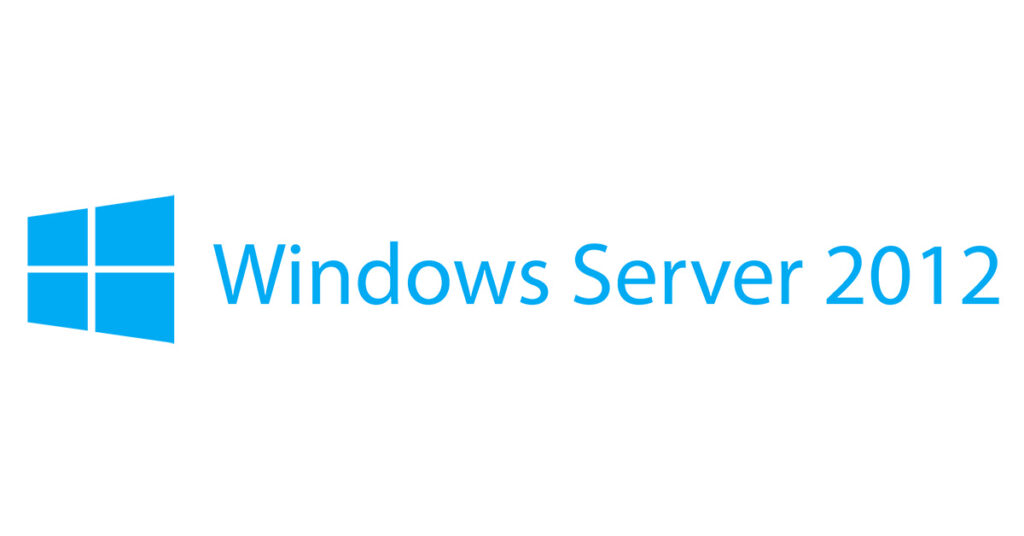Small businesses face unique IT challenges, and effective IT support is crucial for success. Here are some best practices for IT support in small businesses:
- Develop an IT plan: A well-thought-out IT plan can help ensure that technology investments are aligned with business goals and minimise downtime.
- Regular Maintenance: Regular maintenance is important to keep technology running smoothly and prevent problems from becoming bigger issues.
- Choose the Right Tools: The right tools can greatly improve IT support efficiency. Consider using cloud-based solutions, remote access software, and anti-virus and anti-malware programs.
- Back Up Data Regularly: Backups are essential in case of a disaster or data loss. Choose a backup solution that meets the business’s needs and test backups regularly.
- Cybersecurity Awareness: Cyberattacks can have devastating consequences for small businesses. Ensure that employees are trained in good cybersecurity habits and that the business has adequate protections in place.
- Stay Up-to-date: Technology is constantly evolving, and it’s important to keep up with the latest updates and developments. Regularly assess the business’s technology needs and make updates as necessary.
- Partner with an IT Support Provider: For small businesses, it may not be feasible to have an in-house IT team. Partnering with an IT support provider can provide access to expert help as needed.
By following these IT support best practices, small businesses can minimise downtime, protect data, and stay ahead of technology developments.



